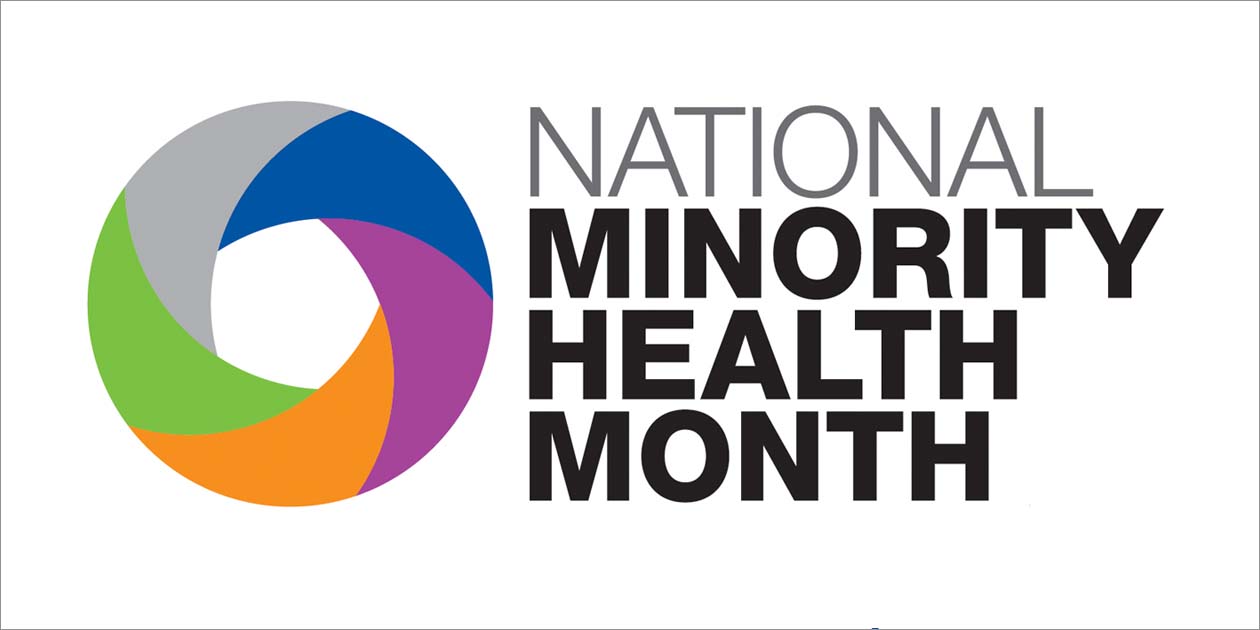Every Community Counts: Tackling Health Disparities Head-On
The facts are clear, and they are startling. Black Californians had the shortest life expectancy at 74.6 years, while Asian Californians had the longest at 85.7 years. Health disparities extend across a variety of conditions, significantly impacting the quality and longevity of life for minority communities. Compared to other racial groups, Black and African American people are more likely to get cancer and have the highest rate of death for cancer overall.

By Preedar Oreggio, M.D., Family Medicine, located in Los Angeles with Optum
April is National Minority Health Month, a powerful reminder of the urgent need to confront health inequities impacting millions of lives nationwide. At its core, health equity means everyone has a fair and just opportunity to live their healthiest life.
Unfortunately, systemic factors – ranging from access to quality health care, safe housing, and education – to underlying social and economic disparities – often place significant barriers before racial and ethnic minority groups.
The facts are clear, and they are startling. Black Californians had the shortest life expectancy at 74.6 years, while Asian Californians had the longest at 85.7 years. Health disparities extend across a variety of conditions, significantly impacting the quality and longevity of life for minority communities. Compared to other racial groups, Black and African American people are more likely to get cancer and have the highest rate of death for cancer overall.
Similarly, the Hispanic community faces distinct challenges. Hispanic adults were about 70% more likely to be diagnosed with diabetes compared to non-Hispanic white adults, according to the CDC’s National Diabetes Statistics Report, 2021, age-adjusted data for 2019-2021. Hispanic people have the second highest rate of dying from liver cancer while Hispanic women have the second highest rate of dying from cervical cancer, after non-Hispanic black women.
Understanding these disparities demands that we understand the social determinants of health. Factors such as education access and quality, neighborhood environment, economic stability, social and community context and access to health care deeply influence health outcomes. For example, the prevalence of U.S. household food insecurity in 2023 was highest in Black and Hispanic communities with more than 21% of households’ food insecure.
Paying attention to these factors plays a vital role in ensuring every person has an opportunity to achieve their highest level of health.
Promoting health equity involves strategic efforts to dismantle barriers. It means tailoring health care services to meet diverse community needs.
National Minority Health Month challenges us to recommit to achieving genuine health equity. The data clearly shows where we’ve fallen short. We can – and must – do better. Let’s embrace the opportunity to drive lasting change, ensuring health equity isn’t just an aspiration but a lived reality for everyone, regardless of their racial or ethnic background.
Preedar Oreggio, MD, trained at the University of Southern California medical school and attended the UCLA/Santa Monica family medicine post graduate program. Dr. Oreggio has been a faculty member in the family medicine residency program at White Memorial Medical Center, on the medical staff at the Program for Torture Victims in Los Angeles, and a staff physician at Union Station Homeless Center. He has an interest in international health systems, wellness, and the health disparities in underserved communities. He has been featured on TV and radio programming as a local medical expert on various health-related topics.









